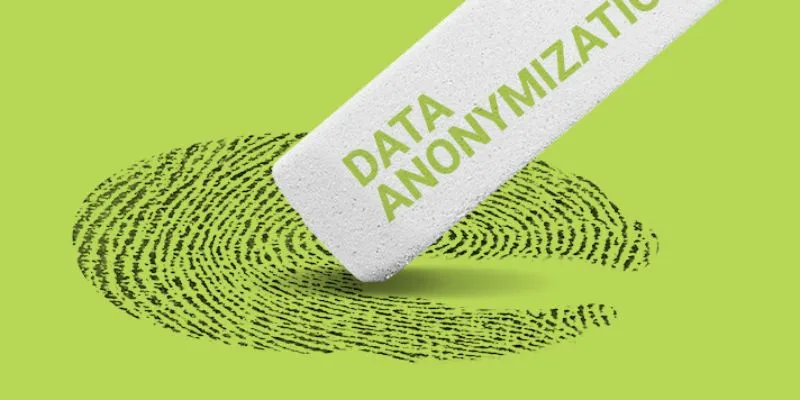Data privacy and security are paramounts concerns for both individuals and organizations. With the increasing amount of personal and sensitive information being collected and stored, protecting this data from unauthorized access and misuse is crucial. One effective method for safeguarding data privacy is data anonymization. This blog explores what data anonymization is, the techniques involved, and why it is so important in our data-driven world. Unlock your Data Analytics potential! Embark on a data science journey with our Data Analytics Course in Chennai. Join now for hands-on learning and expert guidance at FITA Academy.
What is Data Anonymization?
Data anonymization is the process of altering personal data in such a way that the individuals to whom the data pertains can no longer be identified. This process involves removing or modifying personal identifiers such as user names, addresses, and social security numbers. Anonymized data retains its usefulness for analysis and research while ensuring that the privacy of individuals is maintained.
Techniques of Data Anonymization
There are several techniques used to anonymize data, each with its own strengths and applications:
- Masking: This technique involves replacing sensitive data with altered values. For example, replacing a person’s name with a pseudonym or random string.
- Generalization: This method reduces the precision of data, such as changing a specific age (e.g., 32) to an age range (e.g., 30-40).
- Suppression: Removing specific data points entirely, such as deleting rows or columns that contain sensitive information.
- Data Perturbation: Adding noise to the data, such as slightly altering numerical values to obscure the original data.
- K-anonymity: Ensuring that each data record is indistinguishable from at least k-1 other records, thus protecting individual identities.
Why is Data Anonymization Important?
Protecting Personal Privacy
The primary purpose of data anonymization is to protect individual privacy. By ensuring that personal data cannot be traced back to specific individuals, organizations can prevent the misuse of sensitive information. This is particularly important in sectors such as healthcares, finance, and education, where the exposure of personal data can have significant repercussions. Learn all the Data Analytics techniques and become a data Analyst. Enroll in our Data Analytics Courses In Coimbatore.
Compliance with Data Protection Regulations
Data protection regulations, such as the Generals Data Protection Regulation (GDPR) in Europes and the California Consumers Privacy Act (CCPA) in the United States, mandate strict guidelines for the handling of personal data. Data anonymization helps organizations comply with these regulations by providing a means to process data without compromising individual privacy. Failure to complies with these regulations can results in substantial fines and legal penalties.
Enabling Data Sharing and Collaboration
Data anonymization facilitates the sharing and collaboration of data across different organizations and sectors. Anonymized data can be used for research, analysis, and innovation without the risk of violating privacy rights. For instance, anonymized healthcare data can be shared among research institutions to advance medical research and improve public health outcomes.
Reducing the Risk of Data Breaches
Data breaches can have devastatings consequences for both individuals and organizations. Anonymized data significantly reduces the risk associated with data breaches, as the data, even if accessed by unauthorized parties, cannot be linked back to specific individuals. This minimizes the potential harm and liability resulting from such incidents.
In an digital world, where data is a valuable asset, protecting personal privacy is more important than ever. Data anonymization provides a powerful tool for safeguarding sensitive information while still enabling valuable data analysis and research. By implementing effective anonymization techniques, organizations can comply with data protection regulations, foster collaboration, and reduce the risk of data breaches. Ultimately, data anonymization is essential for maintainings trust and ensuring the ethical use of data in our increasingly digital world. Explore the top-notch Advanced Training Institute in Chennai. Unlock coding excellence with expert guidance and hands-on learning experiences.
Read more: Data Science Interview Questions and Answers

